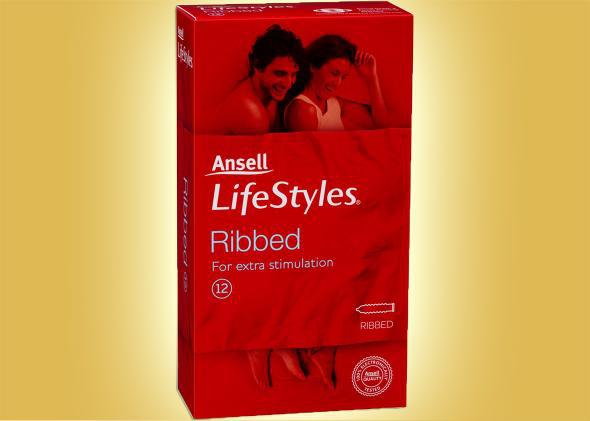When the Australian Olympic team arrives in Rio de Janeiro this summer, they’ll be armed with extra-special anti-Zika condoms, courtesy of Australian pharmaceutical company Starpharma’s condom manufacturer Ansell, Reuters reports. The condoms will be lubricated with a product called VivaGel, which Starpharma claims shows “near-complete antiviral protection” against Zika.
So should the Australian athletes bring enough of these special condoms to share? That will not be necessary, according to several experts.
“There is no evidence that addition of an anti-infective alters the effectiveness of condoms, whether it improves them or makes them less effective,” Centers for Disease Control and Prevention spokesman Benjamin N. Haynes said in an email to Slate.
It’s true that Zika virus can be sexually transmitted. A man carrying Zika virus can pass it along to his partners even if he doesn’t have symptoms, and the virus lingers in semen longer than in blood. But condoms are already very effective at preventing the spread of sexually transmitted infections because they trap semen and prevent the virus from spreading by containing it.
The VivaGel that lines the condoms contains the active ingredient SPL7013, which is supposed to attach itself to viruses so that the viruses in turn cannot attach to human cells. But it’s unlikely that adding the anti-viral gel will make condoms that much better, says Haynes. It could even make them worse—in one case, a similar active ingredient, a compound called nonoxynol-9, actually increased the risk for HIV infection.
The CDC has no information about how effective VivaGel is against Zika, Haynes noted. He cautioned that the most important part of condom use is ensuring it is put on and removed properly, as well as used with appropriate lubrication to limit the possibility of tearing. “Above and beyond that, addition of anti-infectives have not been demonstrated to the best of our knowledge to improve the effectiveness of condoms to prevent STDs,” he wrote.
When used correctly, any condom should be able to effectively trap semen and stop the spread of the virus, says Andrew Ustianowski, consultant in infectious diseases at North Manchester General Hospital in the United Kingdom. He noted that he is also unaware of any data that say that viricides make condoms any more (or less) effective.
Currently, condoms with VivaGel are only sold in Australia. They were put on the market years ago in an attempt to make condoms more effective. As a contraceptive, condoms are prone to user error—Planned Parenthood states that perfect use results in a 98 percent success rate, while real-life use lowers that rate to 82 percent. The company claims VivaGel inactivates HIV, herpes simplex, and human papillomavirus, and it began marketing VivaGel condoms against these STIs several years ago. Experts raised similar doubts about whether the gel actually helped—and at the time, some pointed to research that showed it may in fact be detrimental.
Starpharma does say that the condom itself would still be the primary protection against Zika virus. Seems as though it should have left well enough alone.
